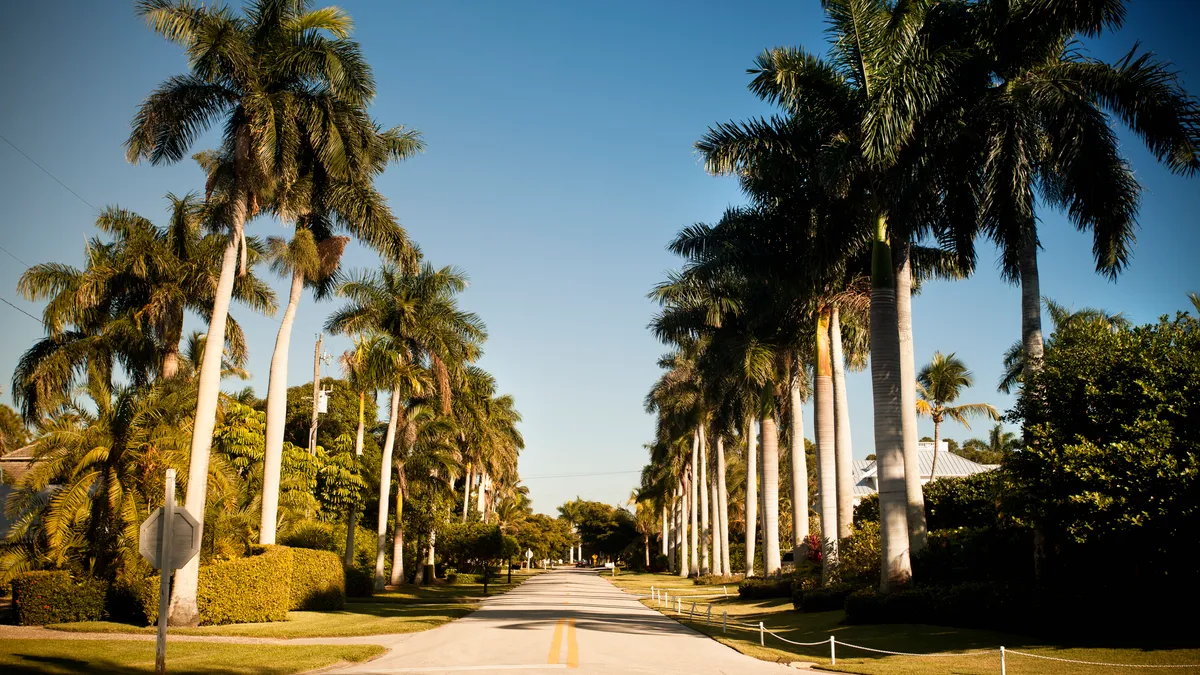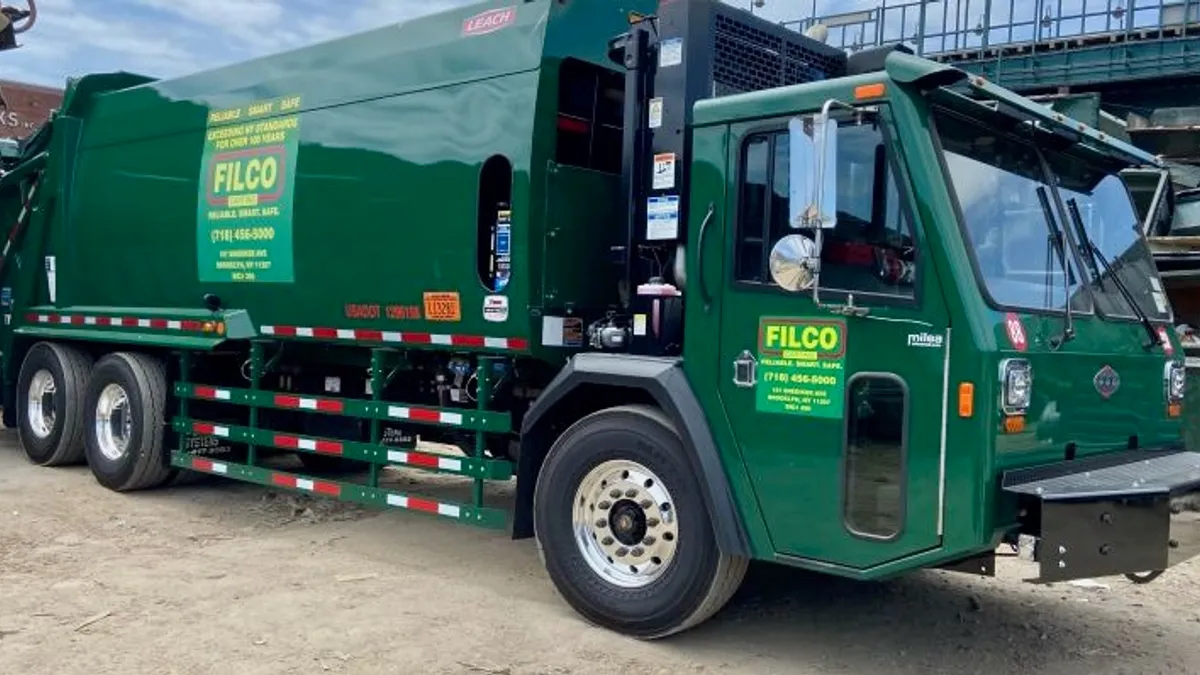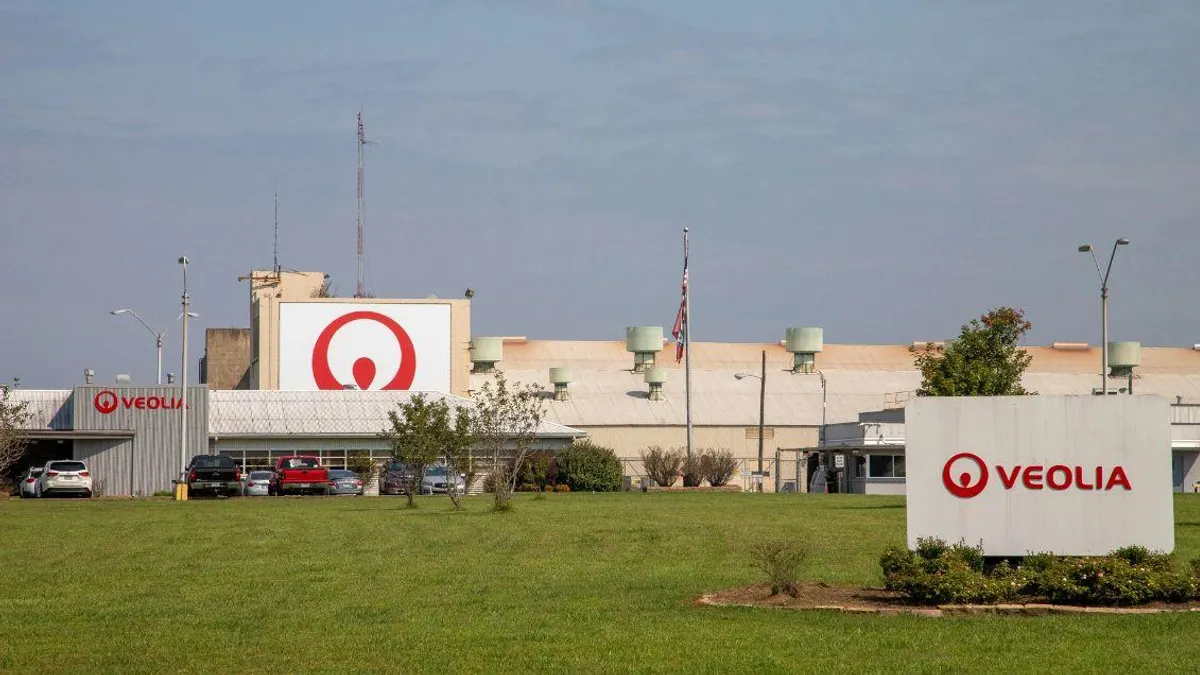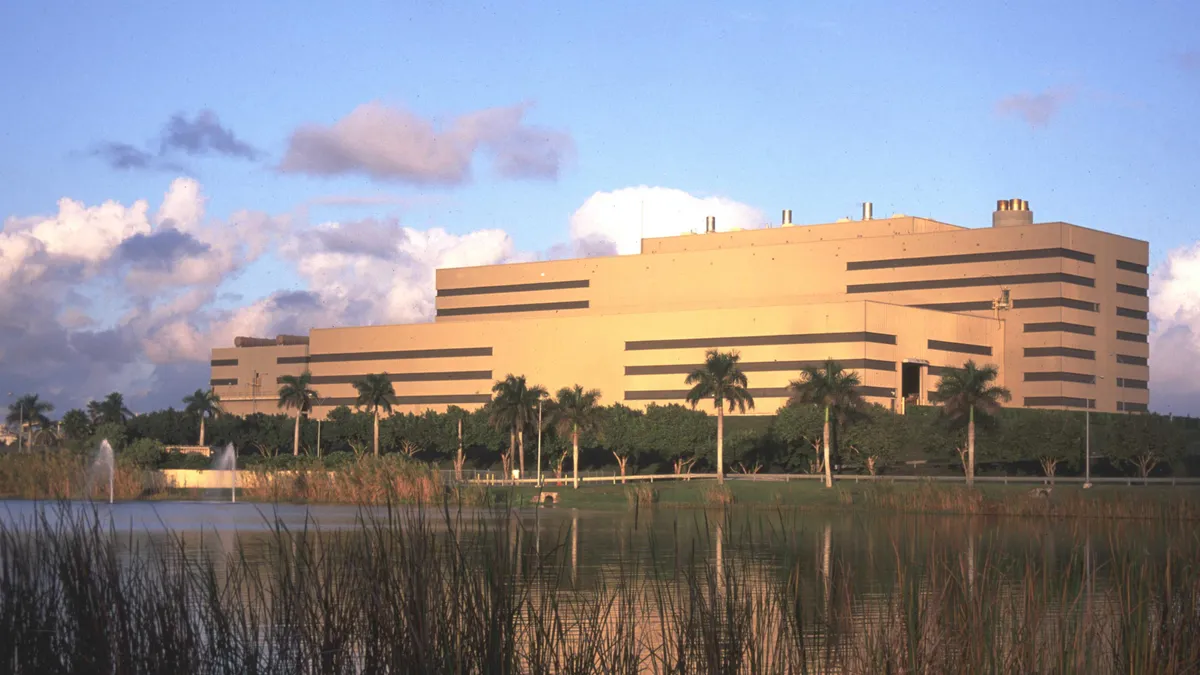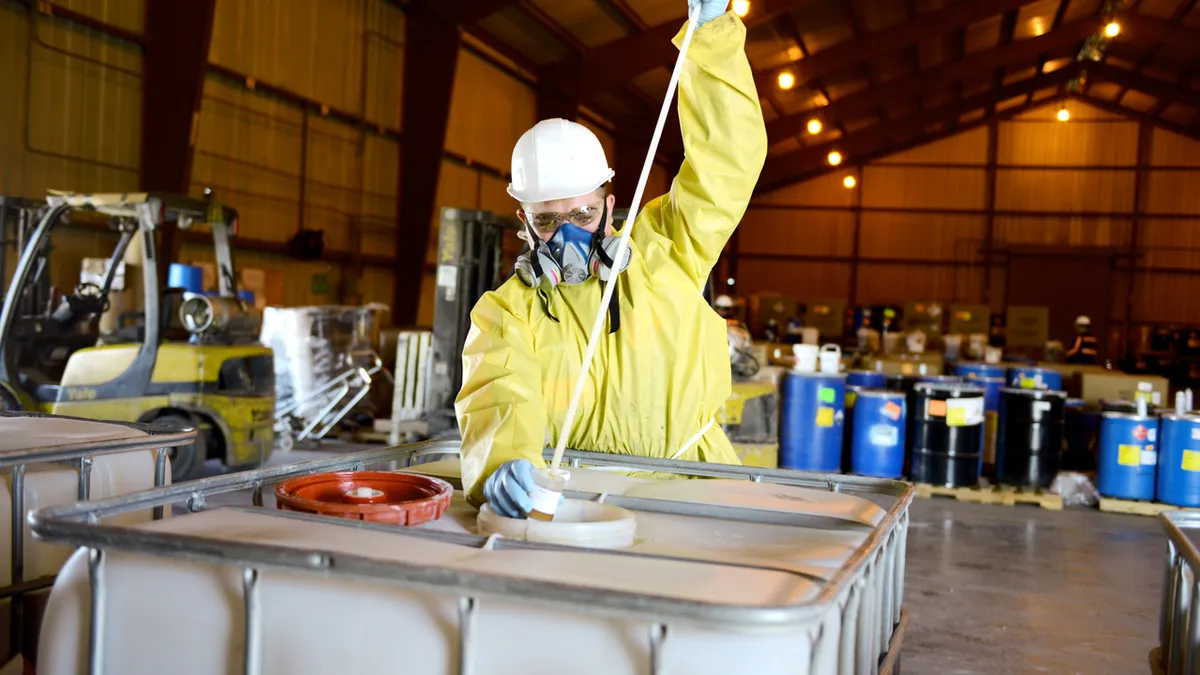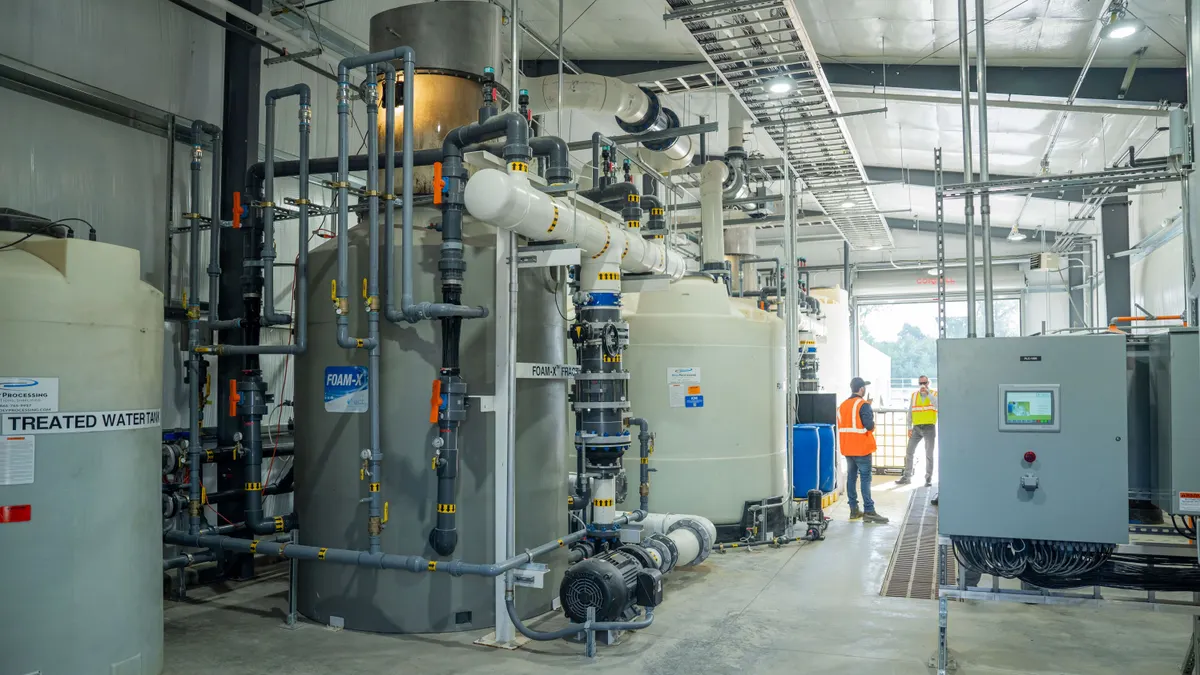Veransa is rolling up the Florida green waste market via acquisitions, with three deals within the past year and further expansion on the way.
Backed by private equity firm RFE Investment Partners, Veransa Group officially launched last summer with the acquisition of two companies. This included Consolidated Resource Recovery, described as “the largest yard waste collections and recycling network in Florida,” and Florida Organic Solutions, an organic compost manufacturer. Last month, the company also acquired MW Horticulture’s green and wood waste collections, recycling, and organics production facility in Fort Myers, with an option to acquire an additional site.
This gives Veransa — led by CEO Marc Owensby, who has been in the sector for over a decade — a vertically integrated network of five facilities in the state, with a range of composting and manufacturing capabilities. The company has also brought on new waste sector expertise within the past year, including Kevin Dunlap (formerly of Denali Water Solutions) as president and chief operating officer, and the addition of Dean Kattler (formerly of Orion Waste Solutions) to its board of directors.
Waste Dive recently spoke to Roxane Teymourtash, Veransa’s vice president of marketing and public relations, about the company’s growth plans and its role in dealing with debris from Hurricane Ian. Veransa reported large volumes of green and wood waste from Pinellas, Hillsborough, Sarasota, Manatee and Lee counties in recent weeks.
The following interview has been edited for clarity and brevity.
WASTE DIVE: Veransa has been seeing a lot of material from Hurricane Ian. What’s the latest on how your operations are handling that?
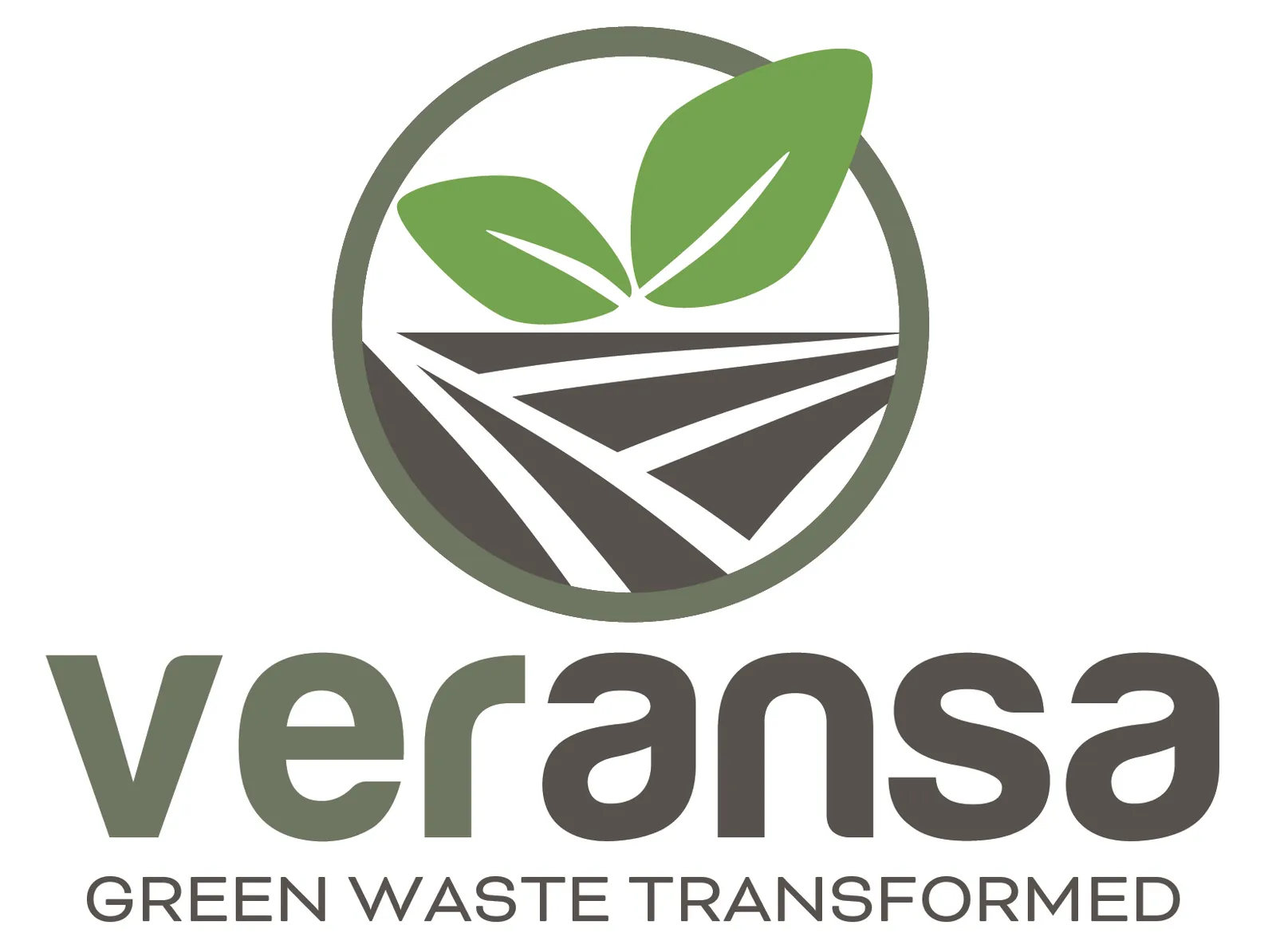
TEYMOURTASH: We continue to take in quite a bit of debris. The cities have managed to get quite a bit cleared up, but there's still some additional excess coming in.
With regards to the green and wood waste, there's still some trickling in that's in excess of our baseline. We've got deals with some cities that bring in all of their green and wood waste to us. For a while they had [Federal Emergency Management Agency] sites that had opened up and were taking in debris. So that helped a lot. But those FEMA sites fill up really fast and one of the differences between us and a site like that is that we've actually got this vertically integrated system where we don't just take in the debris. We process it and then ship it to our manufacturing facilities to be further processed and turned into beneficial reuse products, such as the organic compost and mulches and biomass.
Our Lee County facility — which is the one we purchased, the MW Horticulture facility — is not taking in as much as we would like it to take in, only because we still have some work to do with regards to cleaning the site up. The site was the scene of of a pretty bad fire [earlier this year] in a couple of their compost piles.
One of the reasons why these fires happen is because they allow the piles to just build up without really maintaining them properly, maintaining the right temperature levels and having a windrow that actually turns and processes so that there's no buildup of heat. We're going through a whole process of cleaning up the site, limiting the amount of waste that accumulates at any given time on the site. We also have a fire mitigation plan. And we've got sensors being installed that monitor and relay temperature information to terminals continuously. We also have sprinkler systems being installed, cameras, we have backup soil that is essentially there to be used to squash any kind of fire that might start.
What kind of market need is Veransa looking to fill and what’s unique about the company’s approach in Florida?
We rethink waste, regenerate soil, and thereby reclaim the future. So we're really a circular economy company with a zero waste approach. And we take in and process and recycle green and wood waste, which otherwise oftentimes would end up in landfills, decaying and emitting methane gas without being of any use. We turn that so-called waste into a commodity that we then use to transform and convert into beneficial reuse products.
For example, our organic compost. It regenerates the soil, it adds organic matter back into the soil in a certified organic fashion. It retains water, it increases yield, it protects the watershed and waterways because it reduces the need for chemical fertilizers. And then our mulches, they also protect the soil, reduce the need for water.
We're not as far along as as we'd like to be on that, but in the plans is to also produce biomass pellets, which would be used instead of coal in coal-burning power plants. So, we regenerate the soil, but we also provide a sustainable source of energy without cutting down living trees. Because that's traditionally what the biomass industry has been doing is they've been going in and cutting down living trees, and oftentimes virgin forests in places like Latvia and Estonia, sadly. Our founders had this vision that we can do all of this in a very sustainable way.
It’s really quite interesting how the smaller mom-and-pop shops were often taking in some green and wood waste, or generating their own and manufacturing some level of compost without real certifications attached to it. We're actually the only company in central and southwest Florida that manufactures OMRI-listed, STA-approved organic compost that's also available in bulk. So that's definitely a unique selling proposition of ours.
We control roughly 30% to 35% of all the green and wood waste tipping in central and southwest Florida. So our supply is continuous and sustainable.
In terms of growth plans over the next year or two, how much bigger is the company hoping to become? Is this just Florida-focused, or could it also be a regional company?
For the coming year, I would say Florida. Definitely, in the longer term, we intend to expand out further beyond Florida, but staying within states that are adjoining. The reason for that is these states — the more kind of tropical, subtropical states — have a continuous supply of green and wood waste being generated. Whereas if you go further up north, in places like Maryland, New York, they have very seasonal availability of yard waste.
Is it possible we could see Veransa expand into food waste composting?
For the time being, our compost is free of any food waste, manure or biosolids. We do not plan on expanding into biosolids or manure. Food waste is something that might be in the future, but for the time being it's not. There are a lot of other issues that come into play with that — smell and licensing. So we have not gone there, and we don't intend to in the next year.


